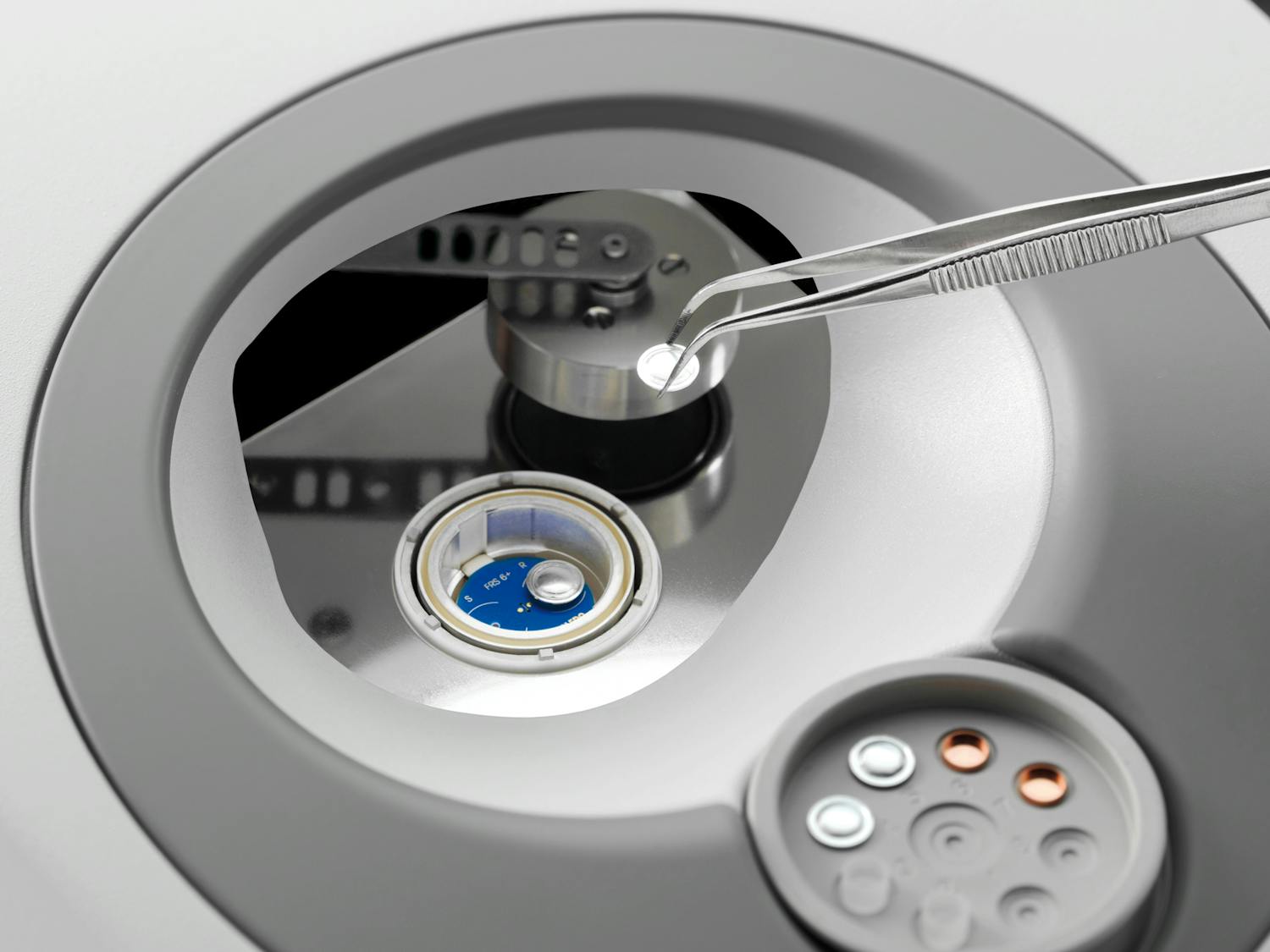AIWizard™: Modernizing materials science with artificial intelligence

Why is thermal analysis important?
We should always read the label before storing a new medicine. This is because liquid, powder, and pill medicines can all degrade above a certain temperature. Today, medicinal chemists can use differential scanning calorimetry (DSC) to determine how temperature affects the active pharmaceutical ingredients in drugs.
DSC is a thermal analysis tool that can measure how materials’ physical properties change with temperature and time. This means chemists can accurately measure the point when the material’s molecular behavior changes (a thermal transition), causing it to melt or crystallize, for example. With this information, manufacturers can ensure the material in their packaged products remains stable, so as not to compromise consumer safety.
The pharmaceutical industry is just one sector that benefits from DSC. It is used in many fields and industries from R&D to failure analysis and quality control. Now METTLER TOLEDO, CSEM, and ZHAW are modernizing the field of materials science by using deep learning and advanced statistics to help scientists accelerate their conclusions from the results of a DSC analysis.
What is AIWizard™?
AIWizard™ developed by CSEM for METTLER TOLEDO is a deep learning solution that is integrated into their STARe Thermal Analysis Software. The solution automatically labels the points within the results of a DSC analysis at which point thermal transitions occur. This is particularly useful when testing new products made from multiple materials whose constituents may be unknown.
AIWizard™ is unique in that it is based on what CSEM calls a chemically informed deep learning solution.
Deep learning’s power to transform
CSEM’s data-driven solution successful implementation, combined with chemical informed neural network architecture is just the beginning. The deep learning architecture has the potential to open doors in numerous industrial areas, from predictive maintenance and quality control to digital twins, process optimization, and more.